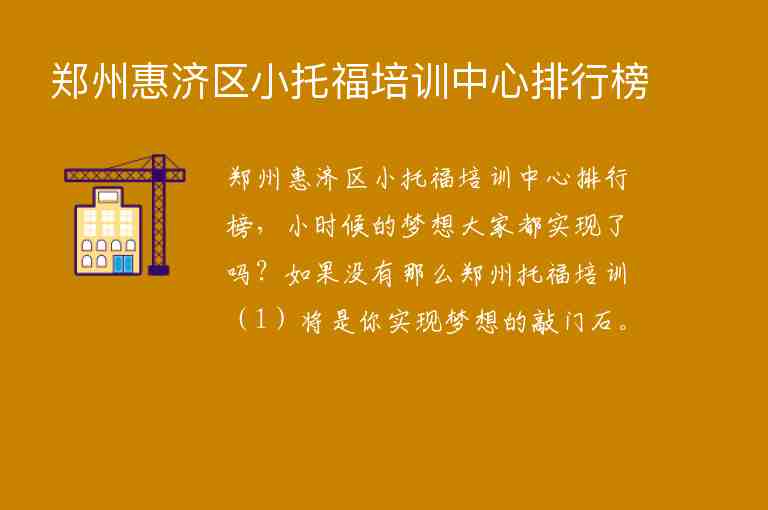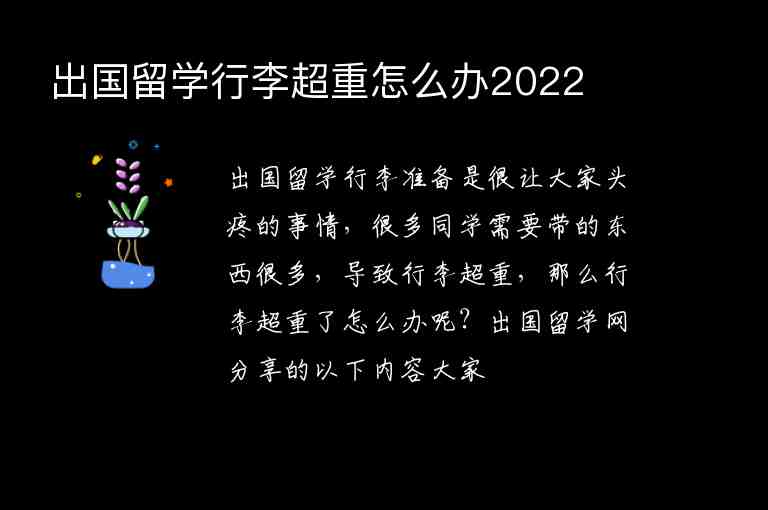act是一个英语单词,读音为/ækt/,意为“行动、表演、法案”。它既可以作为名词使用,也可以作为动词使用。作为名词时,act指的是某种具体的行动或表现;作为动词时,act指的是采取某种行动或表现出某种感情。
用法:
1. 作为名词时:
a. 行动:表示某种具体的行为或举止。
例句:His brave act saved the little girl from drowning.(他勇敢的行动拯救了那个小女孩免于溺水。)
b. 表演:指戏剧、电影、电视节目等中的一场表演。
例句:The actors put on an amazing act in the play.(演员们在这部戏中表现出色。)
c. 法案:指议会通过的法律条文。
例句:The government is planning to introduce a new act to protect the environment.(计划引入一项新法案来保护环境。)
2. 作为动词时:
a. 采取行动:表示做出某种行为或举止。
例句:She acted quickly and called for help when she saw the fire.(当她看到火灾时迅速采取了行动并呼救。)
b. 表现出某种感情:表示表现出某种情感或态度。
例句:He acted surprised when he heard the news.(他听到这个消息时表现得很惊讶。)
怎么读(音标):
act的音标为/ækt/,其中的元音字母a发短元音的发音,t发清辅音的发音。
用法:
1. act作为名词时,常与介词on、of连用,表示某种具体的行为或表演。
例句:She put on an act of being happy, but I could tell she was really upset.(她假装快乐,但我能看出她其实很难过。)
2. act作为动词时,常与副词quickly、slowly连用,表示采取行动的速度。
例句:The firefighters acted quickly to put out the fire.(消防员们迅速采取行动扑灭了火灾。)
例句1-5句且中英对照:
1. The detective is trying to figure out who is behind this criminal act.(侦探正在努力找出谁是这起犯罪行为背后的幕后黑手。)
2. The students put on a wonderful act for their school play.(学生们在校园戏剧中表现得很精彩。)
3. The new act passed by the government aims to reduce air pollution in the city.(通过的新法案旨在减少城市的空气污染。)
4. The little boy acted shy when he met his favorite celebrity.(当这个小男孩遇到他最喜欢的名人时,表现得很害羞。)
5. The company is accused of acting unethically to gain more profits.(这家公司被指控为了获得更多利润而不道德地行事。)
同义词及用法:
1. perform:作为动词,意为“表演、执行”,常用于指音乐、戏剧等艺术表演。
例句:The band will perform their new song at the concert tonight.(乐队将在今晚的音乐会上表演他们的新歌。)
2. deed:作为名词,意为“行为、功绩”,常用于指某种具体的行动。
例句:His heroic deeds during the war earned him a medal of honor.(他在战争中的英勇行为使他获得了荣誉勋章。)
编辑总结:
act是一个多义词,既可以作为名词使用,也可以作为动词使用。作为名词时,act指的是某种具体的行动或表现;作为动词时,act指的是采取某种行动或表现出某种感情。它常与介词和副词连用,在不同语境下有不同的用法和含义。在写作中,我们可以根据具体的语境选择合适的同义词来替换act,以丰富文章的表达。



